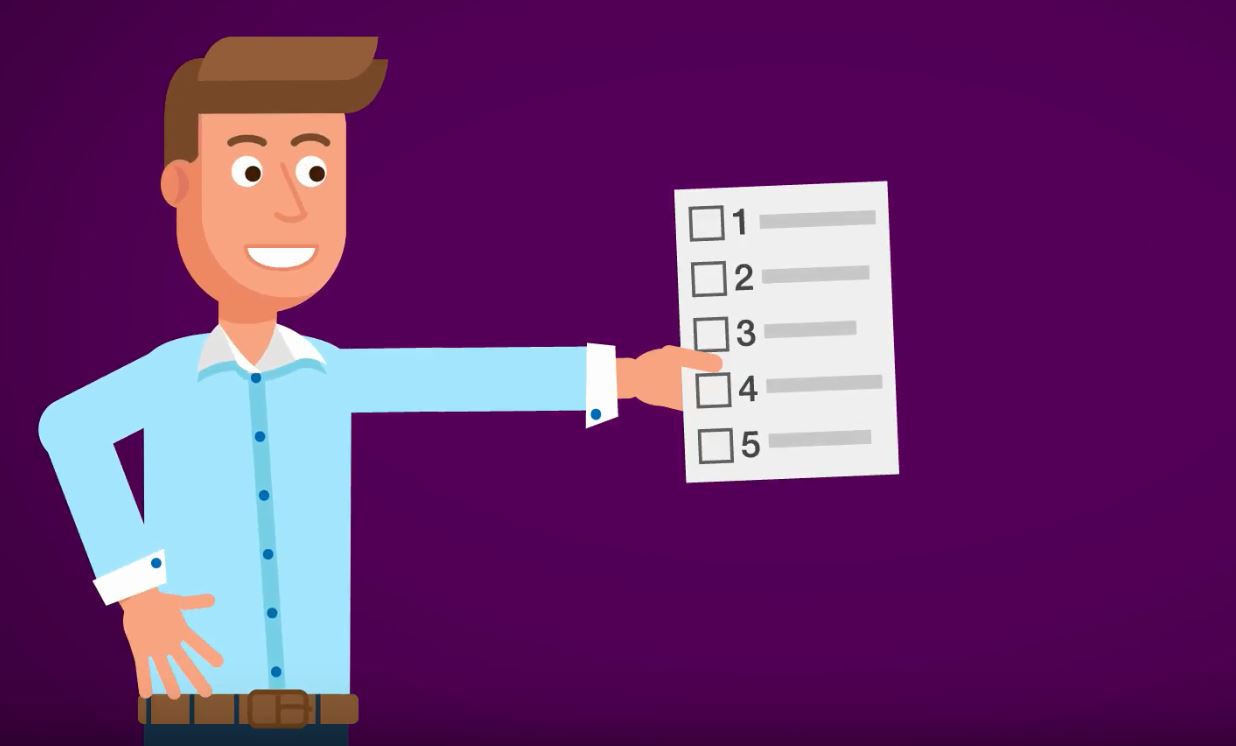
Credentials for career success
Credentials help you to stand apart and have a university warrant your skills and knowledge.
Credentials provide you with a credible, consistent and independent recognition of your current capabilities and future potential. You’re empowered to identify immediate development needs and open up career pathways.


